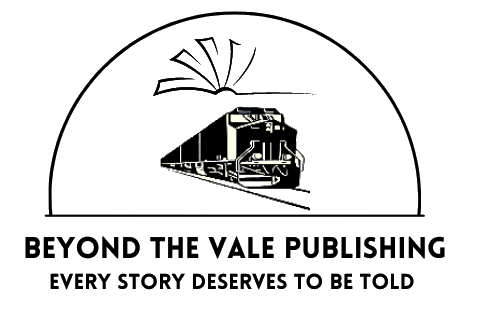Procrastination is the enemy of many authors, stopping them in the tracks of their self-publishing journey. But, help is at hand.
Here’s a quick update from my previous blog:
What is procrastination?
Procrastination is simply the act of putting off doing something. Leaving it for another day. But imagine if you had started writing that book twenty years ago, even five years ago, even last month – how far would be now? How far would I be along the self-publishing journey?
Why do people procrastinate?
Here are six reasons why people procrastinate.
- Perfectionism.
- I’ve never written a book. I don’t know how to go about it. Fear of the unknown.
- I’ll do it later.
- Doing other things – they’re easier / lack of motivation / it’s going to be hard
- How do I start?
- Distractions
So, how to overcome procrastination and get writing your book and start your self-publishing dream?
1) Use a timer
Regular readers of my newsletter will know I talk about a “power hour” which is my preferred method of writing. I tell my wife that I am writing for an hour and ask her not to disturb me, set my timer and write.
The timer helps me to break the writing down so it doesn’t feel so daunting. I prefer not to set myself a word count target, but that might work for you.
2) Break your writing into manageable realistic chunks.
Writing a novel can take an enormous amount of commitment, dedication and time. If you celebrate success only when you write ‘the end’ then it can seem a long hard slog. Reward yourself for writing for an hour, or a chapter, or a scene. Remember that an achievement doesn’t have to be just the writing, it can be some research, a plot development, a character or a sub-plot.
3) No one says you have to write your book in order.
You don’t have to start with chapter 1 and you don’t have to finish with the final chapter. If I am stuck for an idea even partway through a chapter, then I’ll start on another chapter. If I get a really good idea pop into my head for a scene later in the book (or even an additional scene for earlier in the book) then I will write it.
This keeps the momentum up on the project and I don’t risk forgetting an idea.
4) Don’t write
That sounds odd in a blog about writing, but if you find yourself stuck then don’t write. This could be the time to go back to your plot. Draw your plot out on a piece of paper, make it colourful, plan your character’s development, plan a subplot.
Alternatively, do some research. If you want to set your story in a town you’ve never visited then google that town. Look at the streets, the buildings, the place names.
5) Don’t be a perfectionist on your first draft
No matter how good you think that first draft is, no matter how airtight the plot, and how well you’ve developed the characters, your first draft will never be perfect.
The purpose of a first draft (for me anyway) is to get that idea out of my head and onto a document. Drafts 2, 3, 4 etc are for editing, refining and fine-tuning.
6) Ask for help
There are plenty of mentors out there who can help you to write, but why not ask your friends and family. I have had my main character in a situation and not been 100% sure of what to do, so I asked my wife, what would she do in the character’s shoes. A different perspective on a situation really helps.
7) Writing is supposed to be fun
Writing for most of us is a hobby. Something we spend our precious free time on, so remember why you started writing in the first place. Sometimes we can get so lost in the process of writing that we don’t remember why we’re writing.
What was it that started you writing in the first place?
The sense of freedom of creativity, an escape, that movie you saw where you knew you could have written it better, entertainment. Whatever it was that first inspired you to write, think back to it and enjoy your writing.
8) Mix it up
If you’re procrastinating about your writing, try something new.
Write in a different room, at a different time of the day. Try a different genre, or start a new project. I put my latest project on hold for nearly a year while I was writing something else.
9) Put your phone in another room
My biggest distraction is my phone. Whatsapp, Instagram, Facebook are all great but they’re all distractions – and before you know it you’re absorbed and a great deal of time has passed. I put my phone in another room, but close enough so I can hear the timer.
If you need help with writing or self-publishing, I can help. Click here to contact me today

